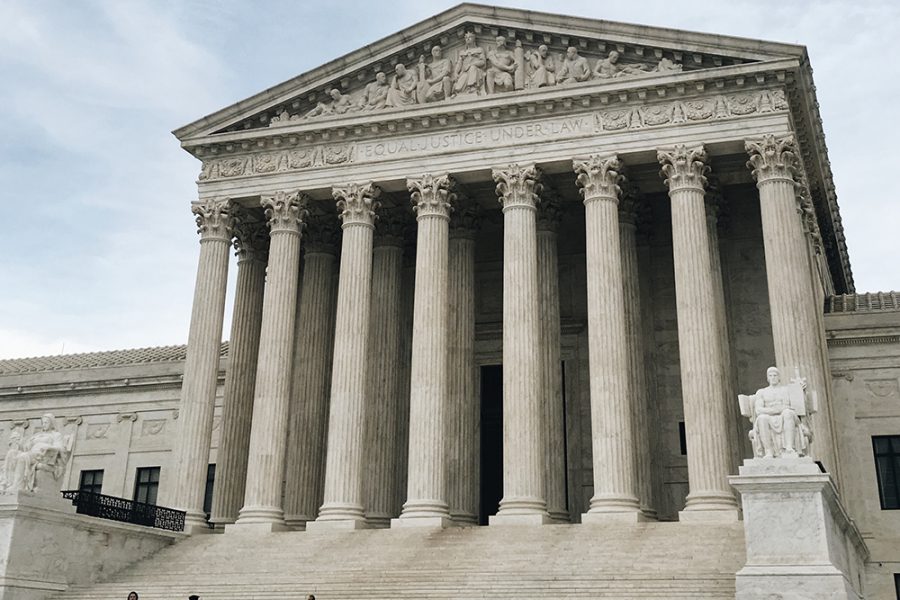Click here to read PRI’s amicus brief
The case involves the legality of a provision of the 2017 Tax Cuts and Jobs Act that included a so-called mandatory repatriation tax that imposed taxes on U.S. citizens who accumulated foreign earnings from foreign corporations, even if the earnings were not distributed.
The Moores have owned shares in a foreign company that provides agricultural equipment to small farmers in India. Any profits were reinvested in the business and the Moores have not received anything in return, yet the new U.S. law considers this reinvested profit –
though an unrealized gain – to be taxable income.
In June 2022, a three-judge panel of the U.S. Court of Appeals for the Ninth Circuit ruled that Congress had the power to levy income taxes on unrealized games. Most recently, in November 2022, the full Ninth Circuit refused to reconsider the decision en banc. The Moores are now asking the U.S. Supreme Court to review the case.
In its amicus brief, PRI argues that there are several important legal and economic ramifications if the Supreme Court fails to take the case with regard to the legality of many current proposals in Congress to impose wealth taxes. For example, in its Fiscal Year 2024 budget plan, the Biden Administration proposes a “billionaire minimum tax, requiring the wealthiest Americans to pay at least 25 percent on all of their income, including appreciated assets.”
When the Sixteenth Amendment was ratified in 1913 authorizing income taxes, it was supposed to affect only the wealthiest, but quickly affected everyone.
“The prospect of taxation of unrealized gains (especially if imposed retroactively as in the Moore case),” the brief notes, “would almost certainly have an adverse effect on risk assessments, lending a banking, and economic growth and stability.”
Making the case that the Ninth Circuit’s ruling departs “from a century of precedent,” the brief argues that the framers and ratifies of the Sixteenth Amendment “had a far simpler laymen’s understanding of the concept of ‘income’ in accordance with its ordinary meaning.”
Economically, allowing “a congressional power to levy a direct, non-apportioned tax on unrealized gains in the value of property or capital has the potential for tremendous mischief that would be deeply unsettling to businesses, investors, property owners, and average citizens whose retirement savings fluctuate with the market,” PRI wrote.
“Income,” the brief concludes, “requires that something be received . . . A shareholder who receives nothing, even though the corporation has receipts, experiences no income.”
PRI is represented by Erik Jaffe and Joshua J. Prince of Schaerr | Jaffe, LLP. and C. Dean McGrath, Jr. of McGrath and Associates.


